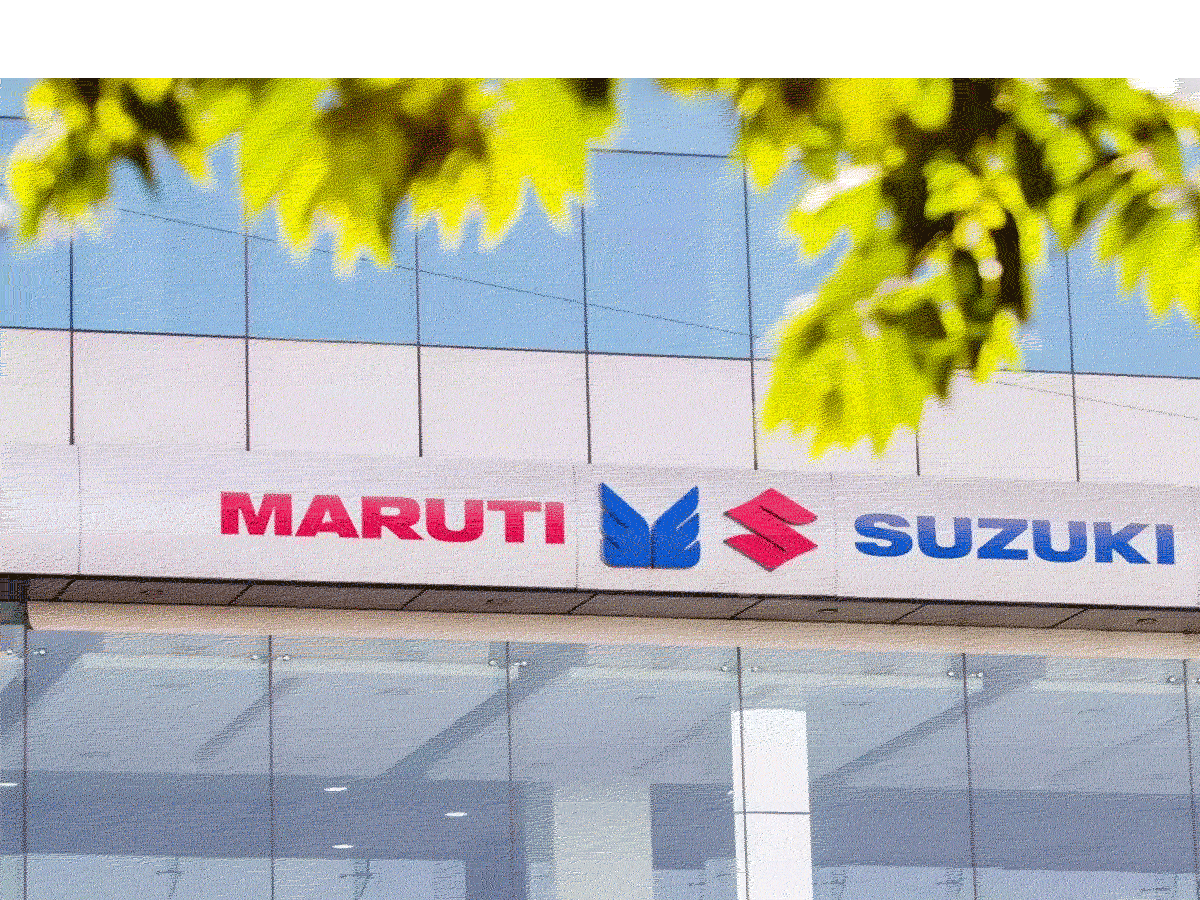“The time of dispatches may change and there may be some uncertainty in vessels coming and picking up their consignments,” Rahul Bharti, Maruti’s investor relations chief, said in a post-earnings analyst call.
Attacks by Yemen’s Houthi militants on merchant ships in the Red Sea and retaliatory U.S. strikes have ratcheted up tensions in the Middle East, forcing companies to reroute shipments as they face delays and boosted rates.
“There may be some cost increase because of risk or rerouting of vessels,” Bharti said. He did not specify by how much costs are expected to increase, but said the rise “should not be significant”.
The ‘Swift’ hatchback-maker had hiked its prices across models earlier this month in an attempt to pass higher commodity costs to customers. Once India’s most valuable carmaker, Tata Motors edged past Maruti this week to take the title.
Maruti’s 33% climb in third-quarter profit after tax to 31.3 billion rupees ($377 million) beat analysts average estimate of 29.25 billion rupees, per LSEG data, buoyed by strong demand for its sport utility vehicles (SUVs). The contribution of pricier and margin-boosting utility vehicles, mostly SUVs, to total domestic passenger vehicle sales rose to nearly 39% in the December quarter from about 24% the previous year. Meanwhile, sales of small cars, including the ‘Alto’ and ‘Ignis’, declined. A moderation in December small-car wholesales, which includes sales to dealerships, also partly contributed to the dip in the segment.
Maruti’s results are seen as a key indicator of private consumption in India. The auto sector carries more than 50% weightage in calculating the country’s economic growth.
(You can now subscribe to our Economic Times WhatsApp channel)








